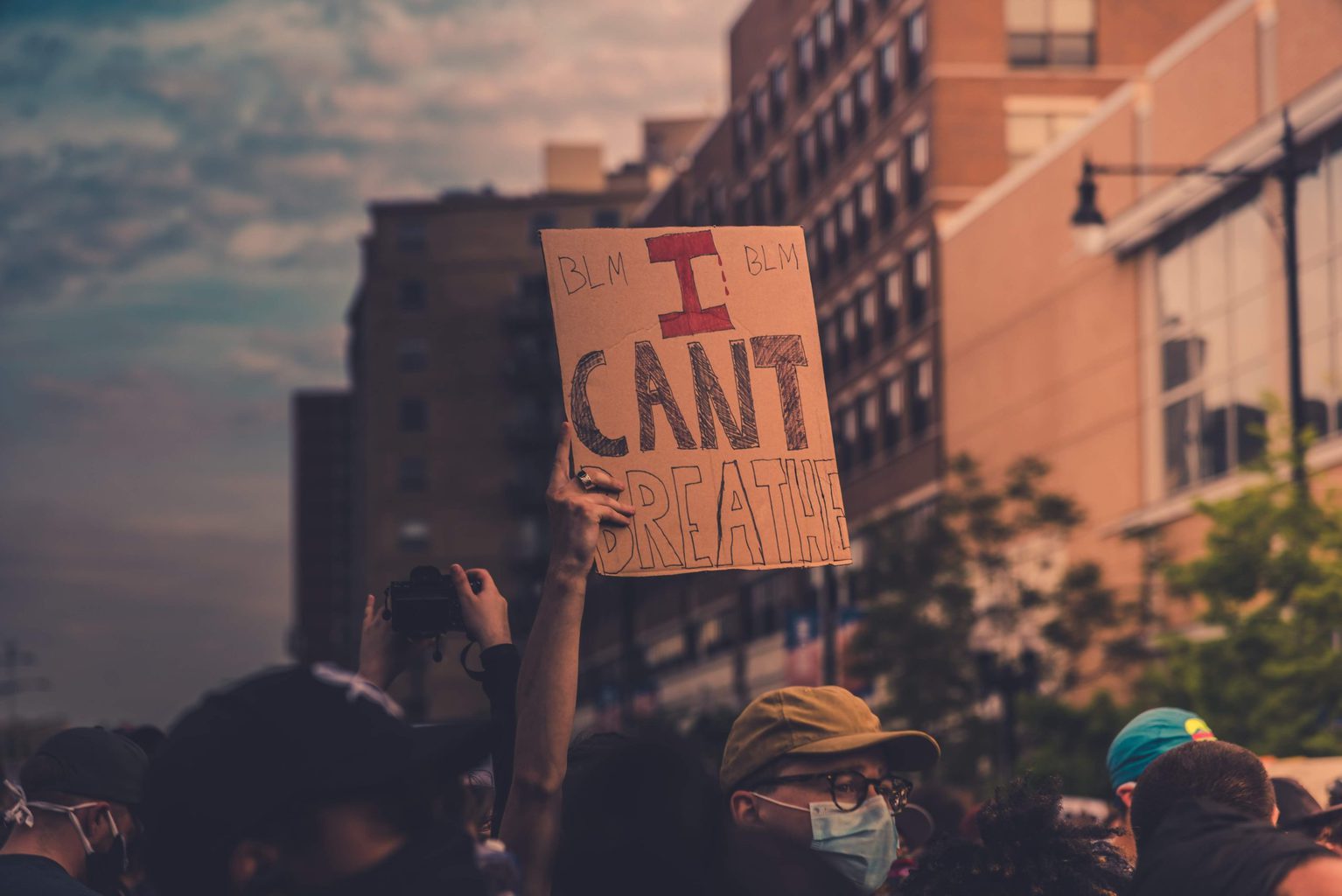Before 2020, “unprecedented” was a word that was used rarely if not as an exaggeration. The impact of the coronavirus pandemic has left nothing in our modern world unscathed: It has claimed 400,000 lives worldwide. It has disrupted every industry that contributes to our global economy, leaving millions of people out of work while shuttering small businesses and large corporations alike. As it has infiltrated the streets and neighborhoods of every continent aside from Antarctica, it’s driven us inside, isolating us from our friends, families, and communities as we have been advised to practice social distancing. The crazy part? It’s not over yet. Considering that the last time our world experienced a pandemic was before the invention of sliced bread, “unprecedented” is an appropriate word.
And if a pandemic wasn’t enough, failing to mention the events playing out in our country over the past few weeks would be sorely out of touch with the moment we find ourselves in. We are deeply saddened by the long history of racism in our country, and we are grieved by the deaths of George Floyd, Ahmaud Arbery, Breonna Taylor, and too many others who have been lawlessly murdered by those who have sworn to uphold the law. The reckoning our country is facing as a result of these atrocities is long overdue, and we condemn racism in all its forms. The key idea we all must come to terms with is that while the events of the past few weeks have gained mainstream coverage and publicity, this is simply a tipping point for the generations of systemic oppression that the black community has had to continually face on a daily basis.
One of the things that Roundtrip has always valued as a company is the power of different perspectives. On the other hand, we recognize that it’s easy to get stuck in similar modes of thinking that diminish that power. This is why we have safeguards of an internal Diversity and Inclusion Task Force and Culture Committee: to keep the different perspectives that we believe makes Roundtrip a company worth working for. These internal groups are our anchor to practicing and promoting allyship, through constantly educating ourselves as well as serving our local communities, especially from the lens of transportation.
Historically, we’ve been vocal about our mission to eliminate transportation as a barrier to care. But we’d be remiss not to acknowledge the fact that someone with a transportation barrier is disproportionately more likely to be someone from an ethnic minority group. Part of the reason why we’re a company at all is because of the systemic imbalance that is a daily reality for minorities in America. In her article Racism, Inequality, and Health Care for African Americans, Jamila Taylor describes these disparities perfectly:
“Due to residential segregation, majority African-American and Hispanic areas are more likely to lack hospitals and other health care providers. Therefore place matters. When health care providers are located within majority African-American and Hispanic neighborhoods, they tend to offer lower-quality care. Often, people of color find themselves relying heavily on community health centers, emergency rooms or outpatient care, and community-based providers due to the lack of available primary care and mental health providers in a given geographic area. Traveling outside of the immediate geographic area to access health care may be an option for some people, yet this can be a challenge due to lack of access to transportation for those with limited incomes or for those living in rural areas” (Taylor).
The polarity that is experienced by Black people in America is pervasive. Because of these inequities, it’s estimated that the rate of Black fatalities due to COVID-19 is nearly twice that of White fatalities. In upholding the sanctity and value of Black lives, we are committed to ensuring equitable access to care for those who have been historically marginalized and disenfranchised. We know that greater change is needed than simply getting to the doctor, but we are doing our part by making sure that everyone can get to the doctor.
While many businesses have been interrupted and forced to close, we know we’ve been privileged to double-down on our mission, staying resilient, focused on driving better health outcomes. Even as rides for primary care appointments and elective surgeries have decreased over the past several weeks, many people are still in need of reliable transportation to access their healthcare. The pandemic has also created new challenges that needed solving. Such was the case for people showing symptoms of COVID-19 in need of access to drive-thru testing facilities without a way to get there. Back in March, our Product Team used the agile methodology to work quickly, adding a new trip reason and designing a booking workflow in our platform where a rider could safely be picked up, driven to a testing center, and brought back home all in one go.
COVID-19 also created transportation barriers for those who least expected it: frontline healthcare workers. Because of the public transit closures around the country, many clinicians have been left without a reliable way to get to work — which is not ideal with an ongoing pandemic. With critical employees sidelined, we were approached by Tufts University Medical Center, Johns Hopkins, and Fox Chase Cancer Center at Temple University, to use our platform to help transport clinicians to and from work. To date, we’ve provided over 4,000 employee rides overall, making sure that the nurses and doctors that are so crucial to saving lives can stay in the fight.
These truly are unprecedented times. But no matter what lies ahead, we’re staying focused on our mission. Rain or shine, we’ll be here to provide equitable access to care for everyone who needs it — even in the middle of a pandemic.
